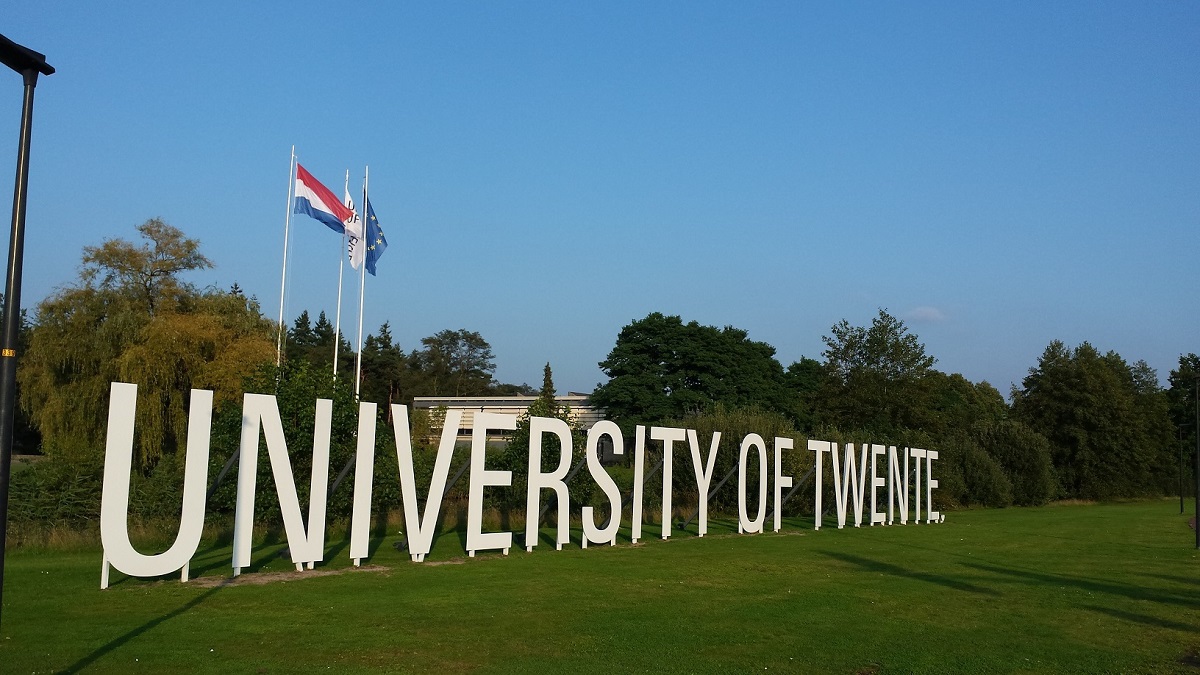We are looking for a Postdoctoral Researcher who will study the synthesis and electrochemical performance of nanosized metal particles produced by exposing thin metal films to high temperatures, a process known as “metal dewetting”.
We are looking for a Postdoctoral Researcher who will study the synthesis and electrochemical performance of nanosized metal particles produced by exposing thin metal films to high temperatures, a process known as “metal dewetting”. Dewetting thin metal films on electrode surfaces produces “monolayers” of metal particles with tunable loading, size, distribution, crystal orientation and composition. This reduces the electrode complexity and makes it possible to decouple the effects of relevant factors (e.g., nanoparticles’ size, crystal orientation, composition) on the electrochemical response. Moreover, using flat electrode geometries allows to minimize mass transport limitations, and provides accessibility for probing the electrode/electrolyte interface under operating conditions.
The tasks you will perform include:
- Synthesize nanoparticles on electrode surfaces by metal dewetting.
- Use ultra-high vacuum techniques (magnetron sputtering), to deposit nm-thick metal films on electrically conductive substrates.
- Optimize the sputtering and thermal treatment conditions to tune the nanoparticles’ loading, size, distribution, crystal orientation and composition.
- Characterize the electrodes by ex-situ and in-situ techniques including XRD, SEM, TEM, XRR, AFM, XPS, XAS, among others.
- Study the electrochemical response of the electrodes in model reactions (HER, hydrogenation of ketones, reduction of nitrates) by electrochemical techniques such as CV, LSV, stripping voltammetry (ECSA – Hupd, COads, Cuupd), RDE, EIS, among others.
- Update the research team on the scientific results and project progress on a regular basis and represent the team at conferences.
- Help supervise PhD and undergrad students.
- Contribute to educational activities of the group (e.g., assist in lecturing, tutorials, lab courses).
Broad context:
This project is part of the Dutch initiative “ElectroChemical Conversion and Materials” (ECCM), funded by the Dutch Research Council (NWO). Innovative electrochemistry and materials science are crucial towards the integration of electrolysis, sustainable hydrogen and green chemicals in the energy system and large-scale chemical processes. Tentative start date of the project is 1 November 2022.
YOUR PROFILE
- PhD in chemistry, material science, or equivalent field
- Experience in electrochemistry
- Strong English communication skills
- Expertise with one or more of the following relevant domains: electrocatalysis, materials science, synthesis, and characterization of metal nanoparticles
- International education / research experience
- Ability to work independently and with a hands-on mentality
- Experience in writing scientific reports and articles
OUR OFFER
- .You will be appointed for a period of 19 months full-time within a very stimulating scientific environment. The university offers a dynamic ecosystem with enthusiastic colleagues.
- Your salary and associated conditions are in accordance with the collective labour agreement for Dutch universities (CAO-NU);
- Gross salary between € 3.420,- and €4.490,- per month depending on experience and qualifications;
- Excellent benefits including a holiday allowance of 8% of the gross annual salary, a year-end bonus of 8.3% and a solid pension scheme;
- The number of holiday hours for full-time employment is 232 hours per calendar year.
- Professional and personal development programmes.
INFORMATION AND APPLICATION
Please apply via the vacancy portal of the University of Twente. Applications sent via email may not be considered. Application material must include a CV (2-page max), list of publications and conference talks, and a cover letter (1-page max). Applicants may be asked to provide references or letters of recommendation.
Please apply via the button below.
For further information, please contact the project PI, Dr. Marco Altomare (m.altomare@utwente.nl).
